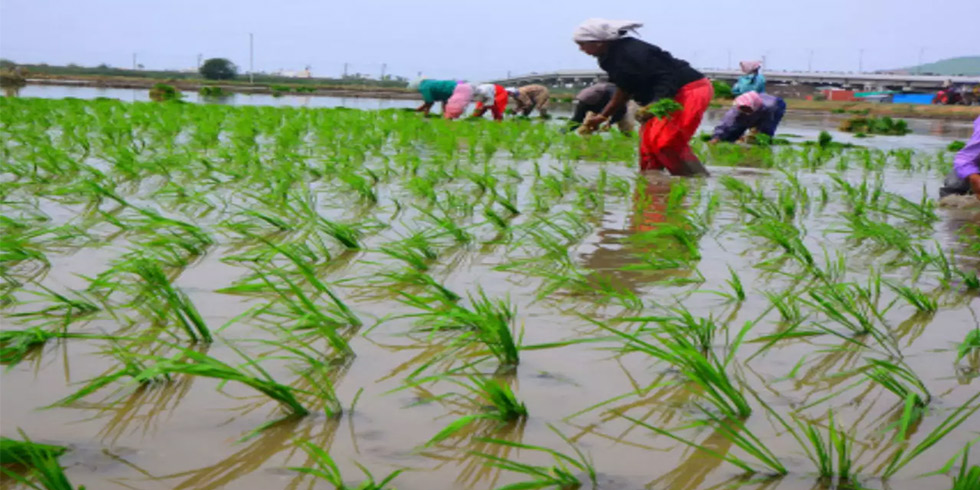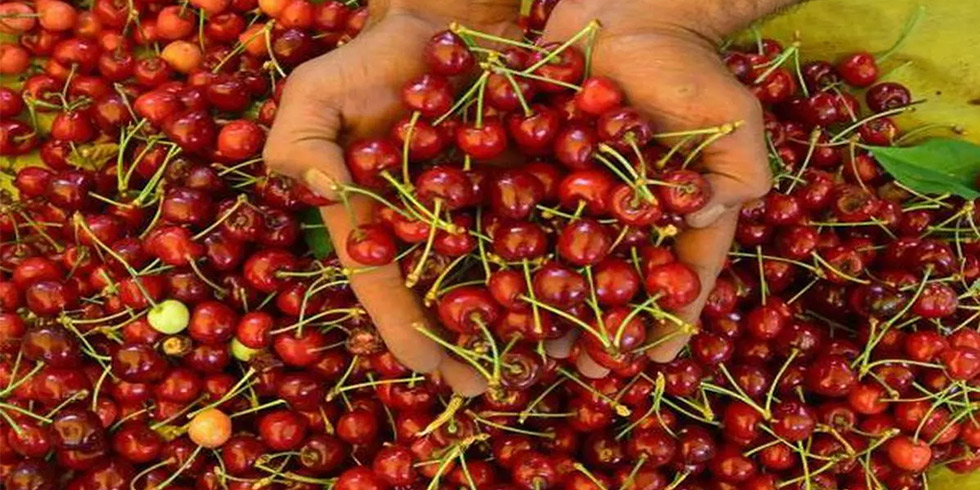“Development doesn’t happen through government actions alone. The private sector is key, which is why we are calling for private sector-led innovations. India is a hub for development innovations.”- Jonathan Shrier, Acting Special Representative, Global Food Security.
The United States, through its global hunger and food security initiative - “Feed the Future (FTF)” is engaging the private sector in a meaningful and comprehensive way to meet the global food security challenge. Past lessons from partnerships in bringing market access, technological innovation and cutting edge business practices continue to advance the impact of sustainable development, and private sector- led growth in emerging markets. India is positioned as a strategic partner under the FTF initiative with a focus on sharing Indian innovations with African countries. Agri business leaders in India – ITC, PepsiCo, Mahindra and Mahindra, Field Fresh among others have the experience of leading investments and innovations all along the value chains. These business ventures have been instrumental in creating firm-farm linkages with positive impact on productivity and farm income.
“Africa is a land of opportunities and there is a huge potential for agricultural development. India is well positioned to share the proven successes in technology and innovation through private sector investments in the African countries.” - Rajiv Wahi, Co-Chair, CII Africa Sub-Committee on Agriculture and Allied Services & Senior President, International Business, International Tractors Limited
The CII Food and Agriculture Centre of Excellence (FACE) in partnership with USAID organized a Roundtable on Innovations and Investments in Agriculture: Indian Business Leaders partnering in attaining Food Security in Africa. It provided a platform to understand the existing partnership of the Indian business leaders in the areas of agriculture and food processing in India – focusing on their experience, lesson learnt, and future opportunities that they are looking at that are in sync with objectives of FTF initiative. The roundtable was attended by leading agribusiness companies like Sonalika Tractors, Jain Irrigation Systems Limited, Mahindra & Mahindra Limited, Shapoorji Pallonji among others, think-tanks and academic institution.
In this context, the India-Africa Agriculture Innovation Bridge program, a private-sector focused landmark initiative will pave the way for future global partnerships between the U.S., India, and Africa. By transferring and/or sharing demand-driven proven agricultural innovations, the “Bridge” will increase agricultural productivity in priority value chains, increase access to diverse and quality foods, and enhance climate resilience in agricultural production. The Bridge platform invites proposals from Indian private sector organizations, multilateral and international organizations to identify proven Indian agricultural innovations for transfer to Kenya, Liberia, and Malawi, where a triangular engagement has been already initiated.
The Confederation of Indian Industry (CII) has been leading the India Africa partnership on various fronts – power and energy, agriculture, information technology, skill development and manufacturing etc for the last 12 years. The CII Africa Committee has developed various partnerships and signed 53 MoUs with different Chambers of Commerce in Africa facilitating industry interactions and B2B meetings. The 8th CII-Exim Bank Conclave on India Africa Project Partnership held in March 2012 clearly identified agri R&D, water conservation, irrigation and capacity building as key focus areas that India could partner with Africa to take forward their agenda of food security.
Agricultural growth is a proven route to faster eradication of hunger and poverty alleviation. There is a huge opportunity for bringing in innovations and investments in specific agri commodity chains that can help boost productivity, improve market access (particularly for the small farmers) and raise income opportunities, most importantly in a sustainable manner.








Add Comment